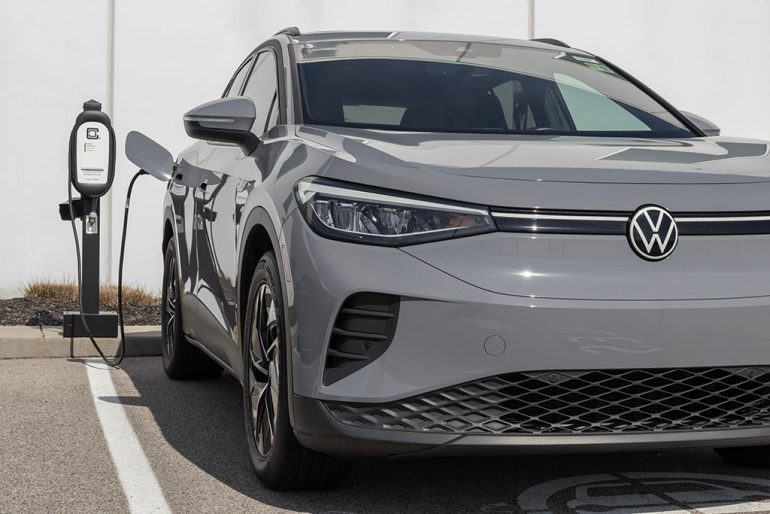
In a significant policy shift, the U.S. Environmental Protection Agency (EPA) has announced plans to reconsider stringent vehicle emissions regulations established in recent years. The move signals a broader effort to roll back electric vehicle (EV) mandates and fuel economy standards that were designed to accelerate the nation’s transition away from fossil fuels.
The latest action aims to reverse regulations that would have required automakers to produce an increasing number of electric vehicles, with previous forecasts suggesting EVs would need to make up between 35% and 56% of new car sales by 2030-2032 to meet emissions targets. These rules, backed by major automakers like Ford, were originally crafted to cut fleetwide tailpipe emissions by nearly 50% by 2032 compared to 2027 levels.
Beyond passenger vehicles, the EPA is also reassessing a 2022 regulation that sought to drastically reduce emissions from heavy-duty trucks. This rule, which imposed standards 80% stricter than previous regulations, was projected to prevent up to 2,900 premature deaths annually and deliver an estimated $29 billion in net benefits. However, critics have argued that the increased costs of compliance would make new trucks significantly more expensive, potentially burdening the trucking industry.
At the same time, the government is revisiting California’s ambitious plan to phase out gasoline-only vehicle sales by 2035. While the administration had submitted its approval of the plan to Congress for potential review and repeal, a government agency recently ruled that the decision is not subject to congressional oversight.
Meanwhile, there are growing efforts in Congress to eliminate EV tax credits, which have played a crucial role in incentivizing electric vehicle adoption by reducing the upfront costs for consumers.
Fuel economy regulations are also in the crosshairs. Earlier this year, the U.S. Department of Transportation took steps to rescind fuel economy standards that would have significantly reduced fuel consumption for cars and trucks. Additionally, funding for state-level EV charging infrastructure projects has been frozen, potentially slowing the expansion of charging networks necessary to support wider EV adoption.
Last June, the National Highway Traffic Safety Administration (NHTSA) proposed increasing Corporate Average Fuel Economy (CAFE) standards to 50.4 miles per gallon by 2031, up from the current 39.1 mpg. While the agency projected this would cut gasoline consumption by 64 billion gallons through 2050 and reduce emissions by 659 million metric tons, critics have argued that such aggressive standards could drive up vehicle costs. The NHTSA estimated that, despite higher upfront prices for some models, consumers would ultimately benefit from lower fuel costs, with total net benefits of $35.2 billion.
The ongoing regulatory shifts underscore a broader debate over the future of vehicle emissions policy in the U.S. While proponents of stricter regulations argue that they are essential for combating climate change and reducing pollution-related health risks, opponents contend that such rules impose financial burdens on automakers, consumers, and businesses.
As these policies continue to be reconsidered, the automotive industry—and consumers—are left in a state of uncertainty, with the trajectory of EV adoption and emissions regulations hanging in the balance.

Mike Floyd is a finance executive by trade and a car enthusiast at heart. As a CFO with a keen eye for detail and strategy, Mike brings his analytical mindset to the automotive world, uncovering fresh insights and unique perspectives that go beyond the surface. His passion for cars—especially his favorite, the Porsche 911, fuels his contributions to Automotive Addicts, where he blends a love for performance and design with his professional precision. Whether he’s breaking down industry trends or spotlighting emerging innovations, Mike helps keep the site both sharp and forward-thinking.